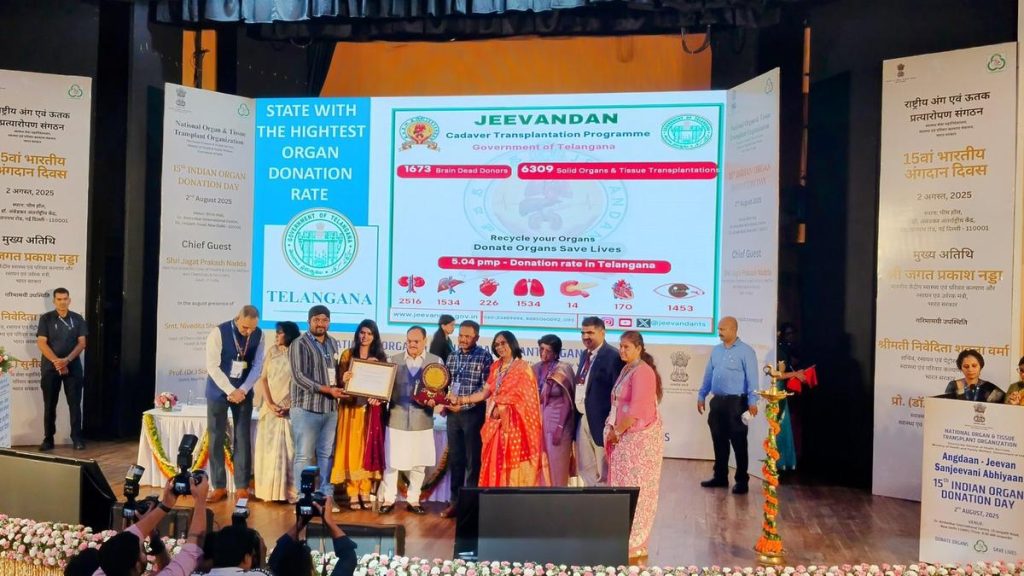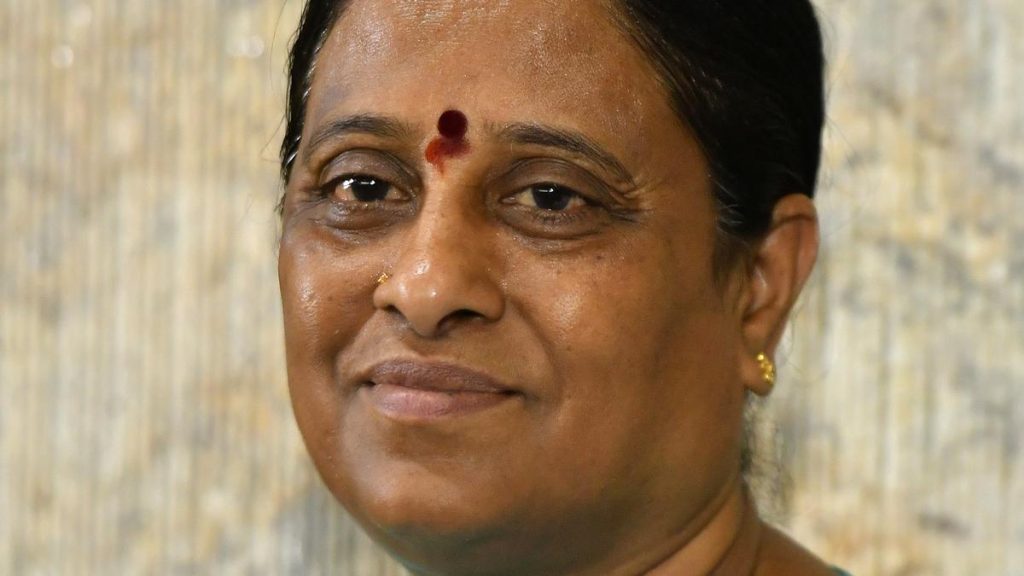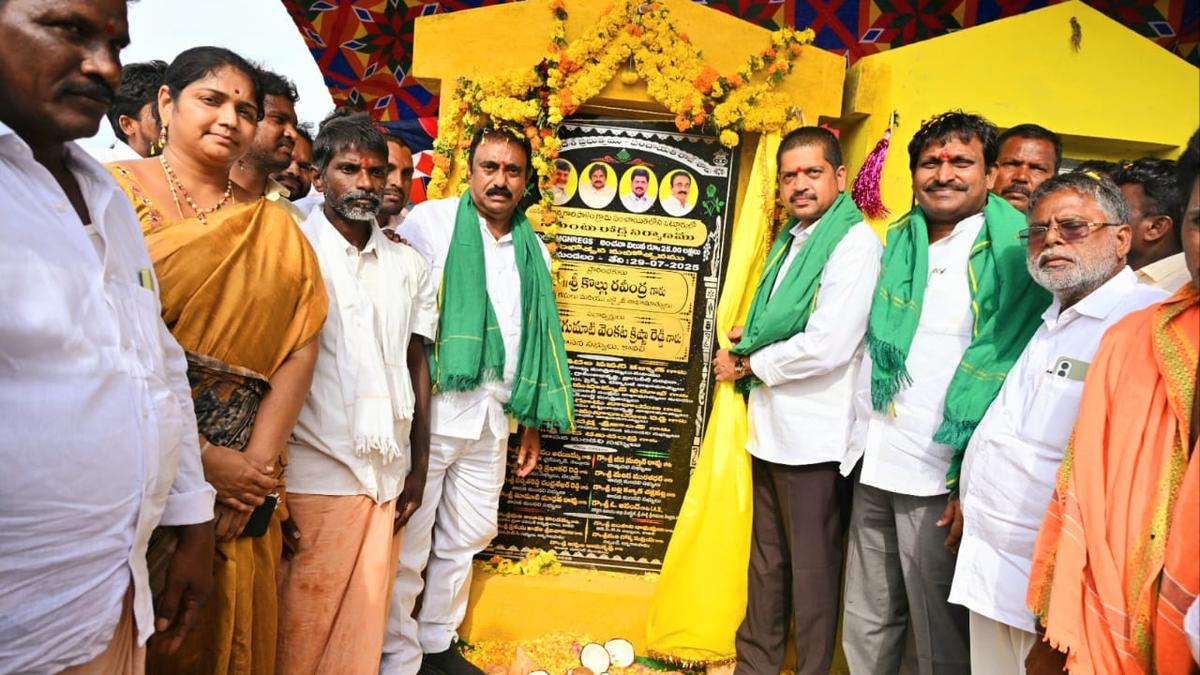Now Reading: Thrissur Witnesses Protest Over Arrest of Nuns in Chhattisgarh
-
01
Thrissur Witnesses Protest Over Arrest of Nuns in Chhattisgarh
Thrissur Witnesses Protest Over Arrest of Nuns in Chhattisgarh
Quick Summary
- Members of the Christian community, led by the Thrissur Archdiocese (Syro-Malabar), organized protests in Thrissur against the arrest of two nuns in Chhattisgarh.
- The protests were inaugurated by Mar Andrews Thazhath, Archbishop of Thrissur adn President of the Catholic Bishops’ Conference of India (CBCI).
- The arrested nuns, Sister Vandana Francis and Sister Preethi Mary, allegedly helped arrange employment for three young women with their parents’ consent. No evidence was found to support allegations of human trafficking or forced religious conversion.
- Charges under human trafficking and religious conversion were filed against the nuns. Protesters accused authorities of misusing anti-conversion laws.
- Archbishop Thazhath termed the arrests unconstitutional and discriminatory while highlighting Christians’ contributions to nation-building.
- Auxiliary Bishop Mar Tony Neelankavil emphasized that priests and nuns are integral in uplifting marginalised communities across India.
- A prayer service at Puthanpally Church preceded a large protest march involving hundreds from across parishes. Placards demanding justice were displayed during demonstrations near the Corporation office in Thrissur.
- The Congress party and All India Youth Federation also joined protests condemning the arrests.
Indian Opinion Analysis
The issue raised through these protests highlights tensions surrounding india’s anti-conversion laws and their implementation. Allegations without substantial evidence raise concerns about potential misuse of legal frameworks to target specific communities. The protesters point out systemic bias against Christians despite their longstanding presence on Indian soil and contributions to social growth.This case also underscores challenges faced by minorities when actions are framed as violations under broadly interpreted laws like those addressing religious conversions or trafficking. Such incidents may heighten perceptions among minority groups regarding fair treatment within India’s pluralistic democracy.
Ensuring clear investigations is vital not only for justice but also for maintaining trust between governing systems and affected communities. Advocacy efforts like these protests emphasize the demand for safeguarding constitutional rights-including religious freedom-while questioning alleged prejudices embedded within current societal dynamics.
Read More: The Hindu























